
Shopping for motorcycles on a budget can be stressful. There are a lot of used bikes out there, but it’s hard to separate the wheat from the chaff. Don’t get stuck with a bike that will spend more time in the shop than out on the road. Follow the tips below to find a high-quality used motorcycle at a reasonable price.
Table of Contents
1. Buy from a Reputable Dealer
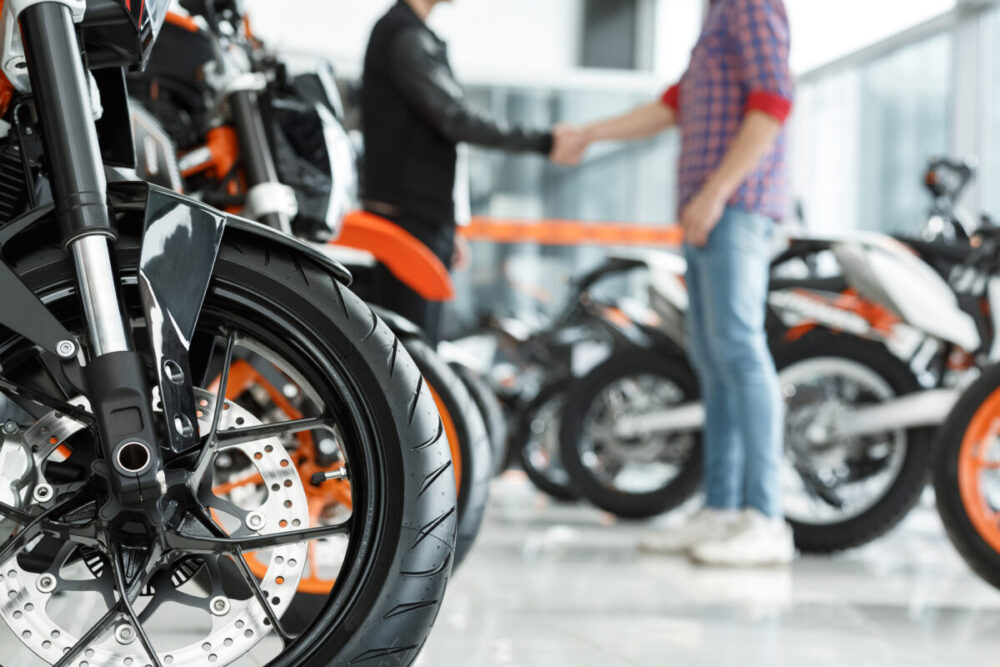
There are some things that are fine to buy used from some random person on Craigslist. Motorcycles don’t belong on that list. It’s always better to head to a dealership that specializes in used bikes. Not only can riders take advantage of buyer-friendly policies like warranties and financing, but they can also see more at cleanharleys.com in terms of options than they would get buying a bike in a private sale.
The bikes for sale at a reputable used motorcycle dealership will be thoroughly inspected and safe to ride. Good dealers have a wide selection and personnel on hand to help buyers find exactly what they need. The dealership can also help with things like paperwork and getting the bike registered. It’s worth paying the extra money.
2. Look for Signs of Crash Damage
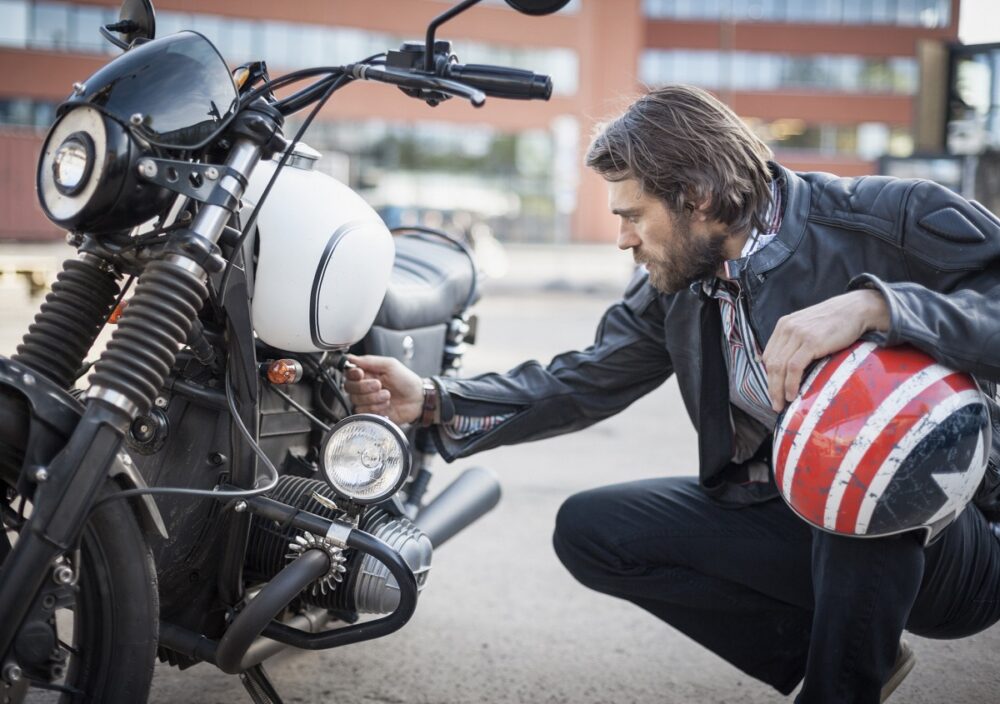
Those who insist on buying from individual sellers will have to take extra precautions. The bike won’t come pre-inspected, and not all sellers are forthcoming about damage. To determine whether the bike has ever gone down on the road, take a look at its bar ends, levers, and footpegs. If there are signs of damage to these peripheral parts, chances are, the bike has been in a crash.
Checking the levers is the easiest way to verify whether the bike could have more substantial damage. When a motorcycle goes down, the levers tend to curl upon hitting the pavement. Some disreputable sellers try to hide this kind of damage, knowing that knowledgeable riders will check the levers. They’ll cut them and re-shape them or replace them with aftermarket parts. If the seller won’t cop to the crash, it could mean there’s more substantial damage he or she is trying to hide.
3. Try to Figure Out How the Bike Was Ridden

Some people ride their bikes harder than others. While there’s nothing wrong with redlining a bike, constant hard riding can take its toll. Buyers can ask sellers about their riding habits, but they’re not always completely honest. It’s always best to check the bike for signs of wear that indicate hard riding.
Start by checking the tires. If the seller hasn’t replaced them prior to listing the bike, they can say a lot about how it was ridden. If there are signs of pilling or feathering on a sports bike tires’ edges, chances are, it was a track bike. Longitudinal grooves on the tires usually indicate frequent burnouts.
Many sellers replace the tires before selling their bikes. If this is the case, buyers can take a look at the footpegs. If the indicators on the pegs are ground down, it usually means the rider has been leaning in pretty deep. It’s probably a track bike. There’s nothing wrong with buying a track bike, but knowing how the bike was used can give buyers leverage. Ask the seller about it. If he or she attempts to hide that use, it’s a good sign that there are other things the seller is also trying to hide.
4. Pay More Attention to Condition Than Mileage
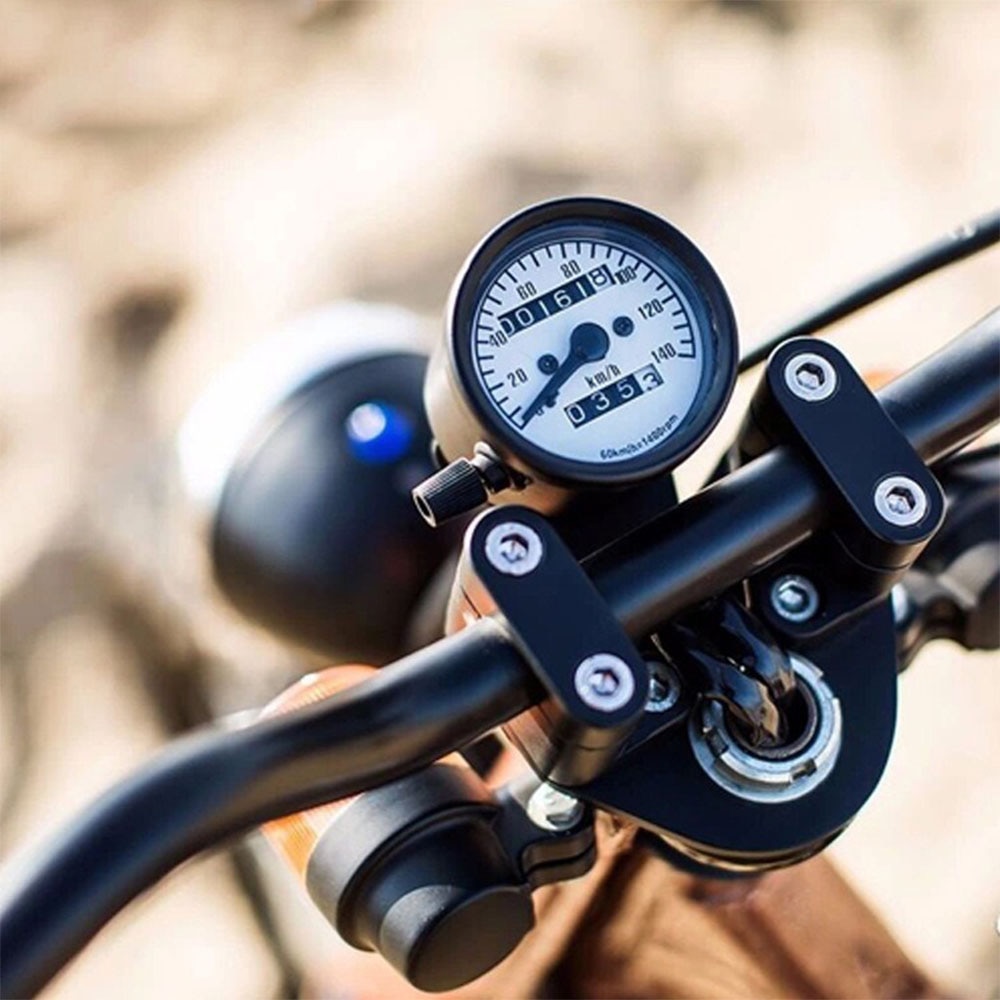
It may be tempting to assume that a low-mileage bike is always better than a high-mileage motorcycle, but the odometer only tells buyers so much. The overall condition of the bike is a much better indicator of what to expect after making a purchase. Riders that take good care of their bikes and keep accurate records of maintenance and repairs don’t usually ignore important fixes.
On the flip side, riders that don’t seem to care about their bikes at all are unlikely to have given them the attention they deserve. A lack of maintenance records may just mean the rider did his or her own repairs. However, there’s no excuse for base neglect. If there are obvious signs of wear that the seller hasn’t even tried to repair, there could be more serious issues lurking beneath the seat.
5. Do Some Research
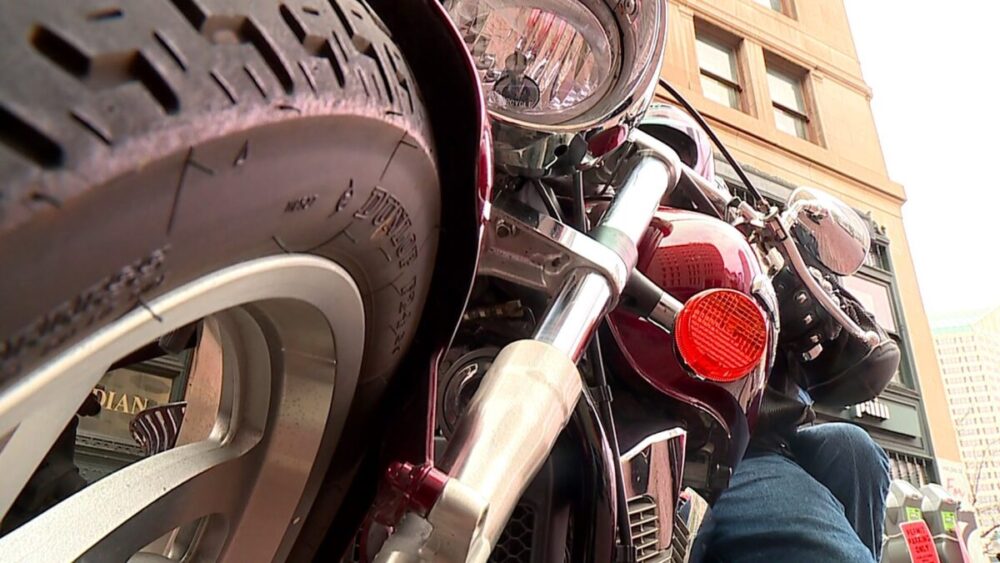
Have a particular type of bike in mind? It can really help to do some research before going out to look for a used model. Every model of the motorcycle has its own quirks, and some of them are more obvious than others. If buyers do their research, they can differentiate between serious issues and minor quirks that are actually quite normal for the make and model.
6. Pre-Check Before a Test Ride
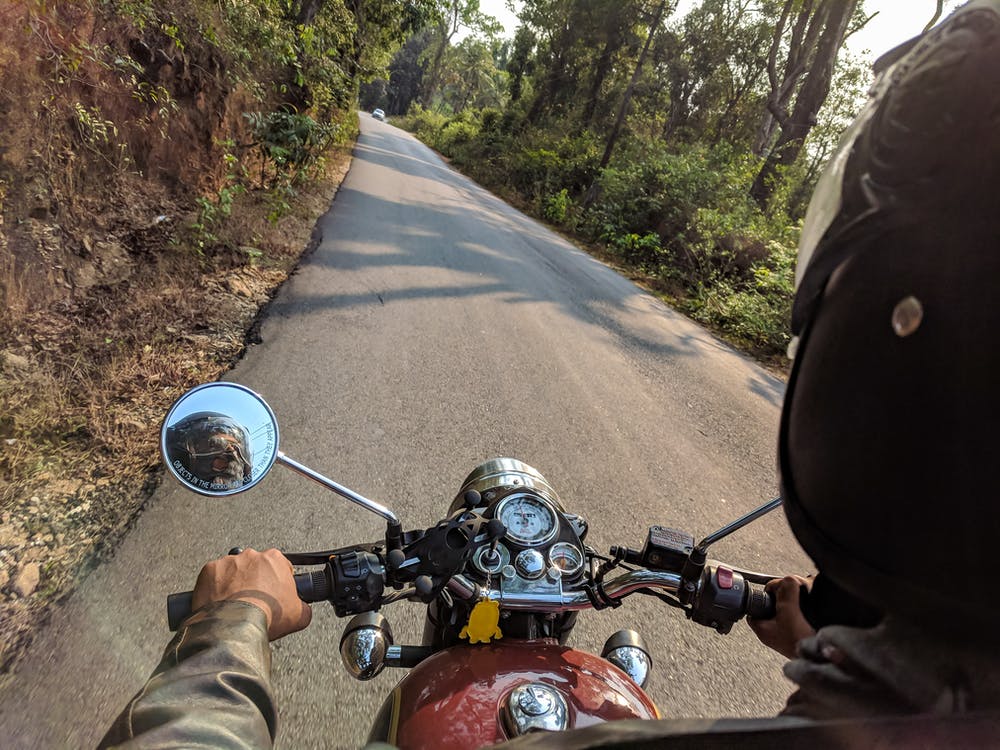
When buying from a private seller, make sure to safety check the bike before heading out for a test ride. There’s nothing worse than getting out on the road on someone else’s bike before finding out that the brakes needed to be bled. Make sure to check all the essential systems. Riders who aren’t confident that they can do this for themselves should reevaluate whether it’s a good idea to buy from a private seller. If they can’t perform basic safety checks, the chances are good they won’t know a lemon from a steal.
The second part of this tip is just as important. Don’t buy a bike without taking it for a test ride first. If the bike’s owner is especially skittish, offer to leave collateral like a license. If the owner refuses to allow a test ride but won’t say why don’t go through with the sale. That’s a sure sign there’s something wrong with the bike that will come up as soon as it’s out on the road.
It’s Better to Be Safe Than Sorry
Buying a used bike from a dealership can cost a little more since dealers have more overhead. It’s also much safer, especially for novice riders. Only experienced riders who know the ins and outs of safety checks and evaluating a bike’s condition should buy used motorcycles in private sales.
If you’ve been involved in an accident and have been injured during your ride, seek medical attention as soon as possible and you need an expert personal injury attorney to represent you in this complex process of your insurance claim. Your lawyer will make sure that you get the compensation you deserve and will relieve your stress from dealing with your insurance company and focus on your speedy recovery. Click here to speak to an expert.







